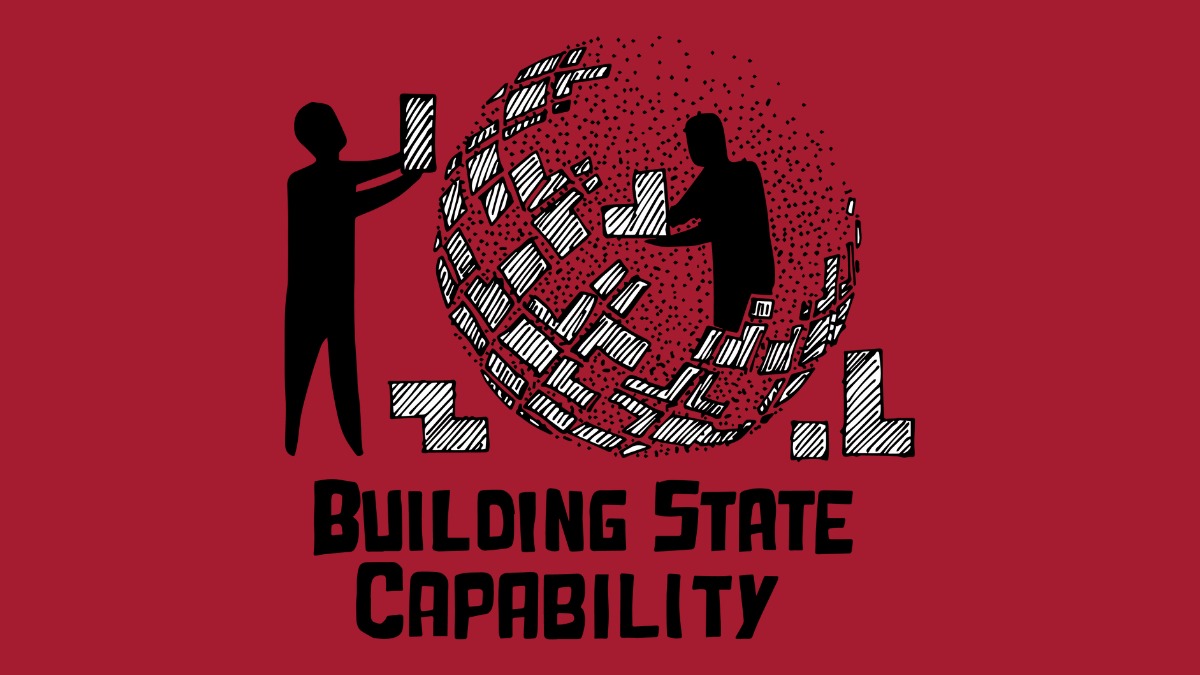Guest blog written by Doran Moreland

I was extremely excited to begin the course, mainly because I was looking forward to the opportunity to approach my problem in new ways. I was also looking for new tools to help measure my progress and present my problem to others to gain outside buy-in. The course certainly provided each of these. However, I was most blown away by the incredibly diverse and deeply inspiring individuals in my IPP cohort. The value of their stories- small and big victories and set-backs, and the passion with which they approach their work is immeasurable. After going through the course, I now know that public policy problems are both inevitable and approachable. Before IPP, I was attempting to know the solutions to any problem presented. Today, I no longer aspire to achieve a state of all-knowingness, because it does not exist. Instead, I now have the confidence to state what I don’t know with practical ideas on getting started, with opportunities for continual learning to address the challenge at hand.
The sections on Psychological safety Comfort level speaking up, asking for help, admitting mistakes (Edmondson, 1999) and Felt Accountability Extent feel accountable, responsible (Abelson et al., 1999) led by Prof. Monica Higgins were particularly helpful for me. Both helped me to understand the multidimensional aspects of leadership. I’ve learned that leaders do not simply find and promote talented individuals. They must create and maintain an environment where individuals can thrive. Additionally, I took many key points from the section on fragmented and dysfunctional bureaucracy, led by Prof. Matt Andrews. This section helped me gain perspective about the environment in which I work, and to ask myself why information flows and decisions are made the way that they do. The internal challenge I’ve faced during this introspection is the need to balance the practical concessions needed to advance my work within my current environment, which often conflict with my desire to try to change the environment altogether.
My level of access was very high coming into the program. But I found that my access increased as I progressed in addressing my progress. I attribute two main factors to this development: 1) the clarity with which I’ve been able to explain the core problem, as well as the nuances around the problem. This increased clarity has come over time as I’ve continued PDIA and speaking with new stakeholders. 2) My association with Harvard Kennedy School has enhanced my credibility with my internal authorizers. Going through this process I have gained more practical expectations around working with problems. I’m no longer looking to hit home runs every time; I’m now happy with consistent doubles and triples.
I’m motivated by policies that lead to social justice outcomes. It is very exciting to gain new stakeholders and support from new actors and organizations. Perhaps the most gratifying moments in my work come when I add a new actor to my coalition because they recognize our common objectives.

I now use the Three As (Authority, Acceptance, Abilities) each time I work through a challenge. I’ve found that applying the Three As give me more certainty that I am taking a complete analysis of an issue. Additionally, the three As have helped me develop the discipline to breakdown an existing problem more granularly. Doing this often reveals new solutions. Waterfall vs. Agile- I have helped my colleagues see the benefits of operating iteratively. My team and I will focus less on delivering a complete product or masterplan. Instead, we work quickly on solutions needed in the moment. We now gather regular feedback from students and community stakeholders, regularly revising our practices to deliver better outcomes. This way of thinking was a personal breakthrough and was a direct result of the course.
The ultimate confidence lies in confronting the challenges which have no apparent solution. I’m learning that colleagues are not expecting me to have a solution for every challenge. But they want to see if I believe a solution is reachable and that I am committed to starting the process of discovery. In fact, I’ve learned that colleagues will be more devoted to finding solutions when they’ve been given the space to explore with you in their own ways. I’ve learned that the leader who curates this environment will always be more successful.
This is a blog series written by the alumni of the Implementing Public Policy Executive Education Program at the Harvard Kennedy School. Participants successfully completed this 7-month blended learning course in December 2019. These are their learning journey stories.
To learn more about Implementing Public Policy (IPP) watch the course and testimonial video, listen to the podcast, and visit the course website.
